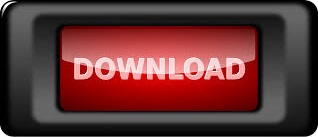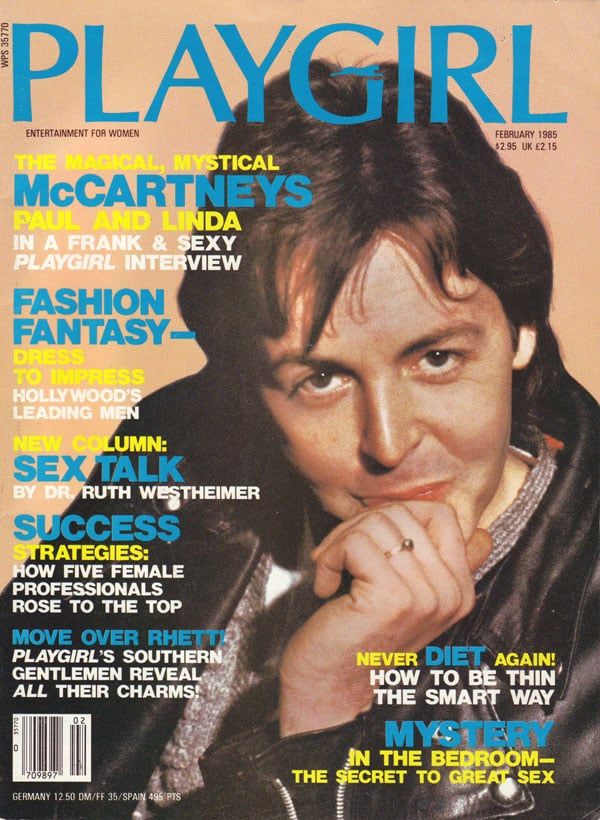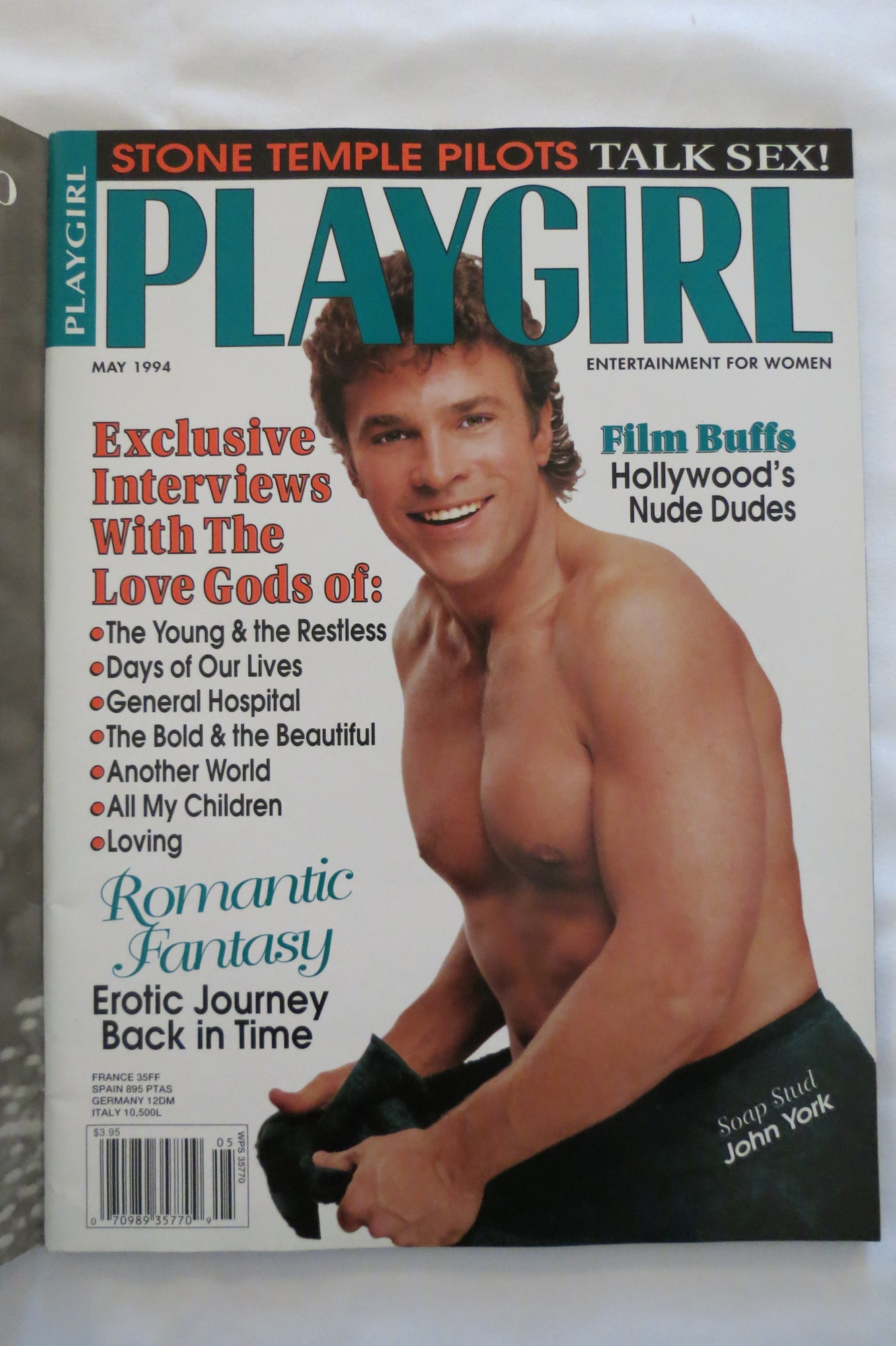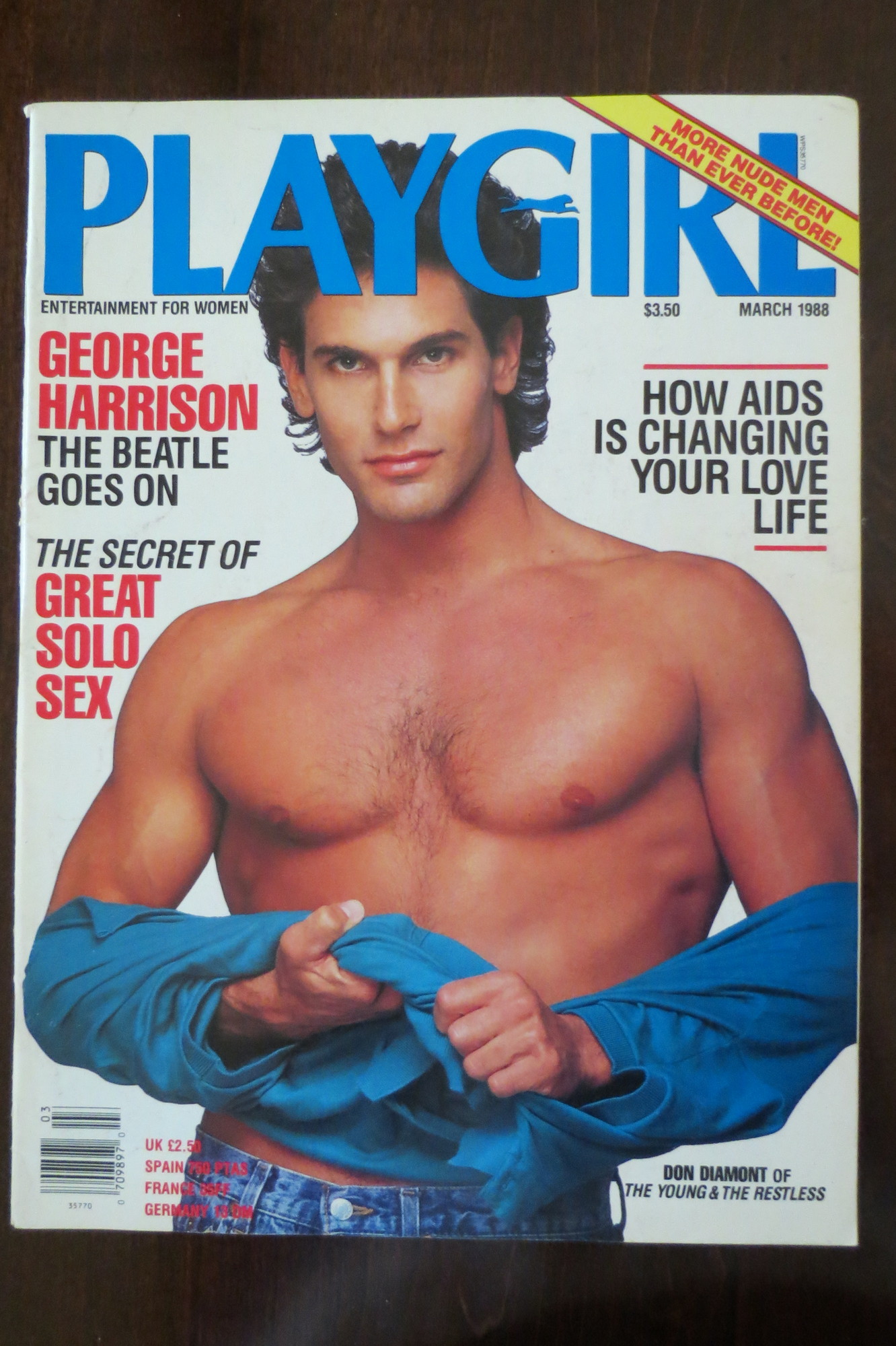



Tell me about that decision, your experience on a major label and why you've decided to go this route now. Playgirl was released on RCA Records, but your contract came to an end, and now you're remaining independent. I'm like, "OK, if I can do that, I think I can do anything at this point." It also just made me really value intimate shows too, because you're able to really connect with pretty much every single person, but arena shows, it's amazing, that energy. There was an error with my sound, so I was up there in silence for three minutes just talking. I learned how to adapt under pressure at Madison Square Garden. Pretty much all the things that could go wrong technically did. I definitely had some technical difficulties throughout the tour because it's an arena, and things can go wrong. I was just watching and learning every single show. She's really singing her heart out every night. Watching Dua every night was so incredible because she's so hardworking, so kind, and she's so good at her job, being a performer. Can you tell me about that experience and what you learned from Dua on the road? Before this album cycle started, you opened for Dua Lipa in massive arenas on the Future Nostalgia Tour last year.


 0 kommentar(er)
0 kommentar(er)
